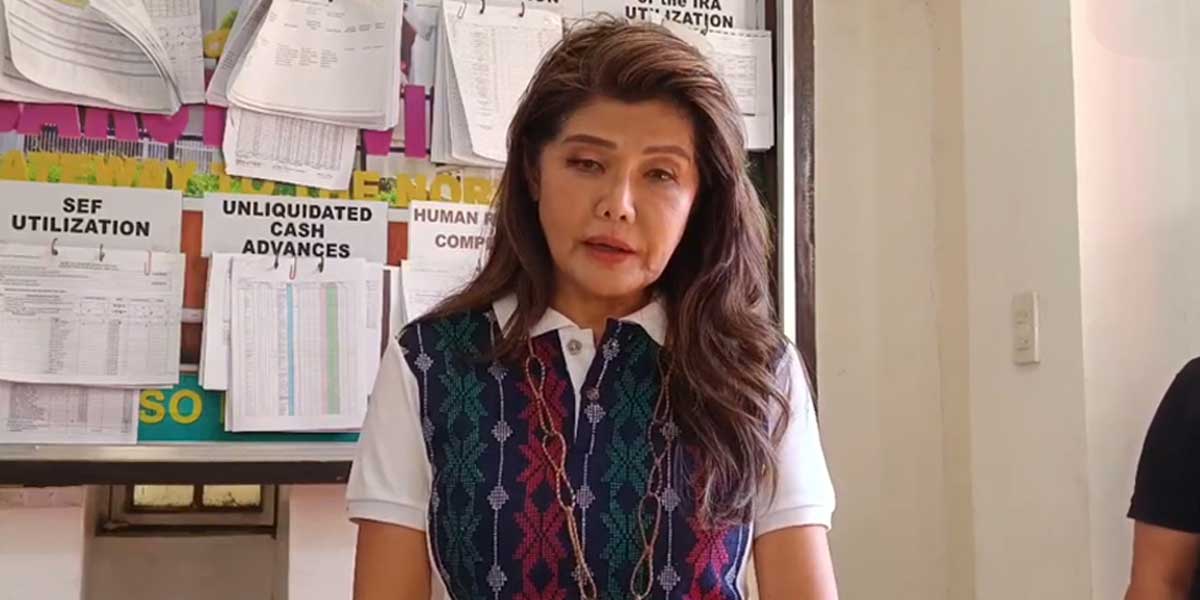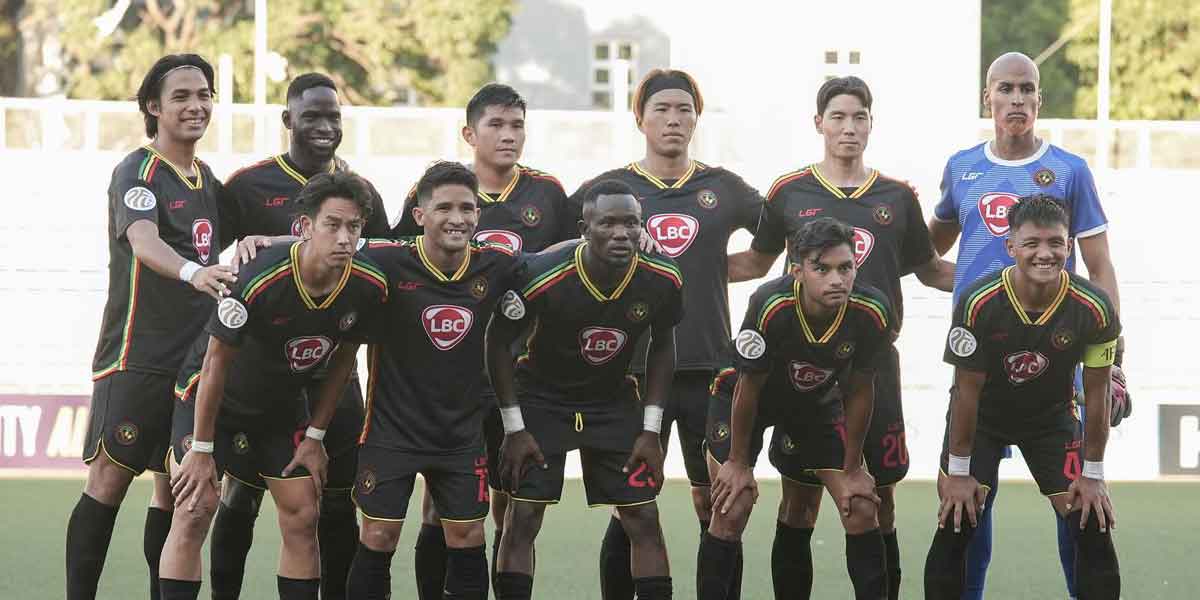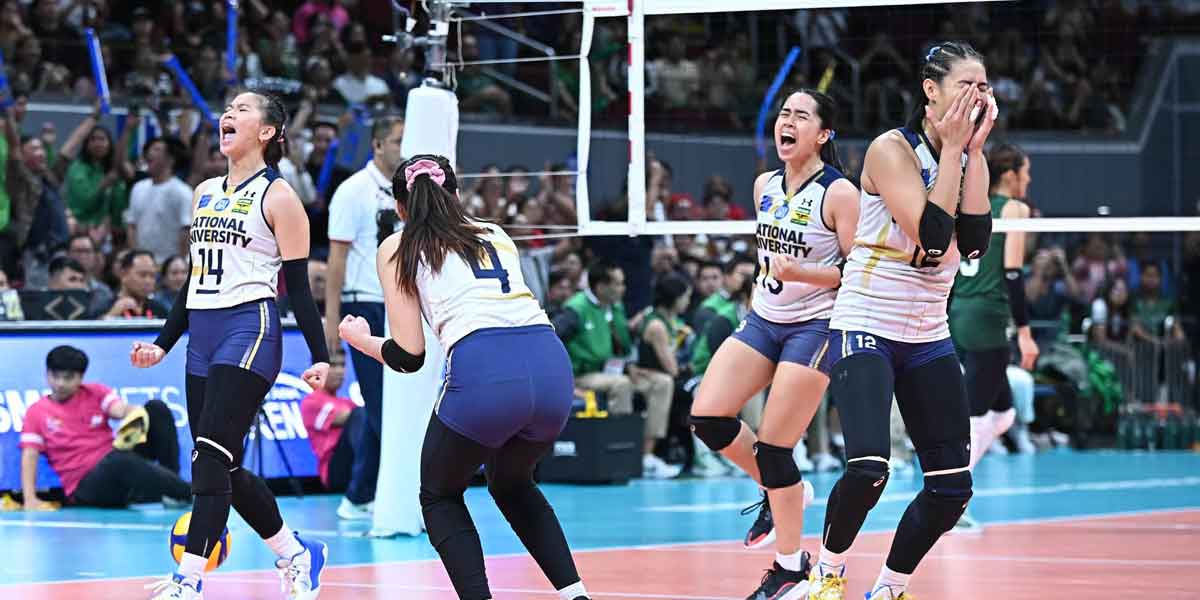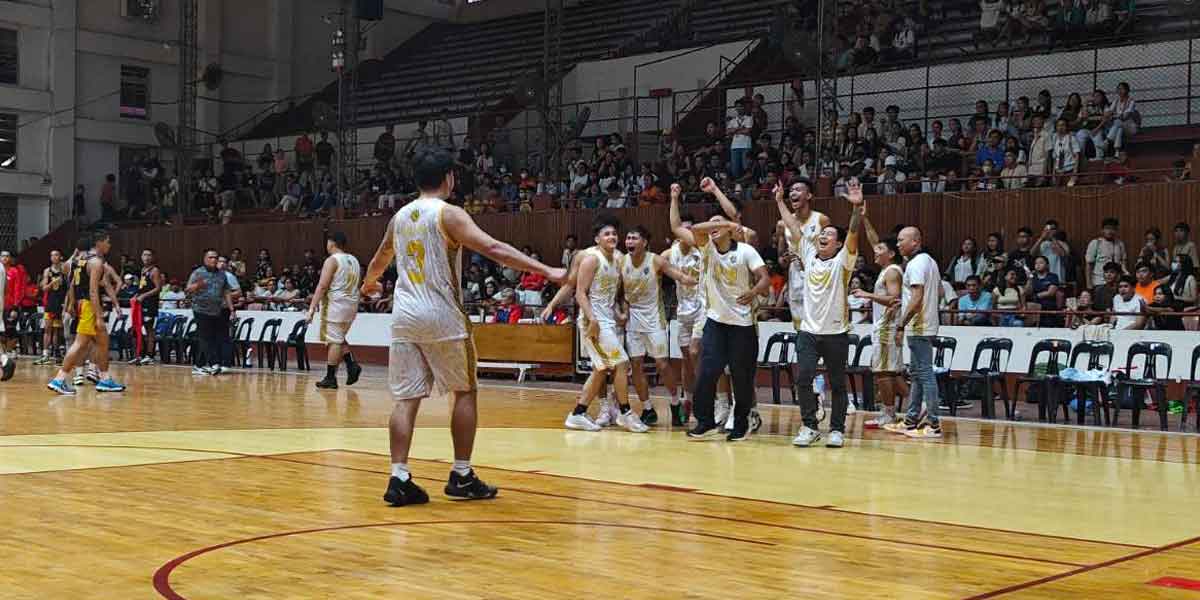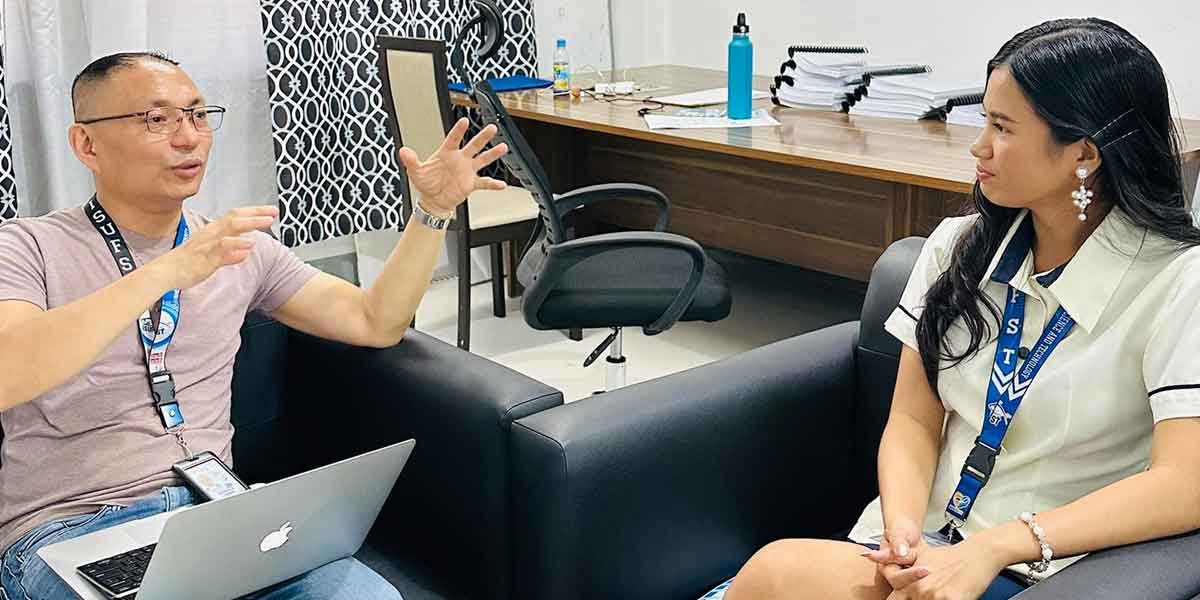By Michael Henry Yusingco, LL.M
Apolinario Mabini comes to mind now because we are flirting with Charter Change or Cha-Cha once again. Many legal scholars consider him the first Filipino constitutionalist.
Unfortunately, today’s Cha-Cha move will probably fail just like previous attempts, given the philosophical stalemate between the House of Representatives and the Senate. Nonetheless, now is still a good time to reflect on three particular sections of Mabini’s seminal work, The Constitutional Program of the Philippine Republic (c., 1898).
First, Title VI — On the President of the Republic and His Government, specifically on the qualities of the President:
“76. The President is the personification of the people and for this reason his person is sacred and inviolable and he cannot be held responsible for any act performed during his term.
The President is none other than the brother and friend of all Filipinos, and for this he should be considered as the first in honesty and in all the civic virtues.
It is a duty of honor and of conscience for him to live a life beyond reproach, as a sign of respect for his people before the entire civilized world and to give his countrymen an example of integrity and hard work.”
Second, on the role of the Senate in Title IV. — On the Senate:
“52. The Senate is a most respectable body composed of the most distinguished persons in society who are known for their integrity and their vast knowledge in any field of the sciences, arts or industry. Its function is to enlighten Congress and the Government on all issues during the incumbency of one or the other, so that the resolutions drawn up by both are always correct and justifiable; therefore only those who excel in their field of expertise and who belong to a select class may rise to this elevated position.”
And third, the standard for membership in the House of Representatives as prescribed in Title III. — On the Congress:
“27. The position of representative is the most honorable that any Filipino can aspire to, because his functions are noble and patriotic in character.
This position in itself bestows an indelible mark of honor on the person who deserves it because of his integrity, illustriousness and industriousness; it is the office that is most worthy of personal dignity and patriotism.”
We should compare these constitutional prescriptions written over a century ago to their equivalent provisions in the 1987 Constitution. And then ask ourselves, have we progressed well in terms of institutionalizing constitutional norms? Or have we strayed too far away from Mabini’s vision of a Philippine constitutional order?
It is very difficult to say that we have adhered to Mabini’s constitutional standards. Correspondingly, it is also hard to simply accept that reforming the 1987 Constitution is not an answer to our political and economic woes. If we honestly reflect on the past 36 years, we can certainly cite many instances to demonstrate that our constitution is indeed the problem and amending it is the only solution.
But to automatically assert that Cha-Cha must be done now and at any cost is not advisable as well. Indeed, it is vital for Filipinos to look at the charter reform initiative through the lens of Mabini’s works. Internalizing particularly his dim view of elite-driven political movements in The Philippine Revolution, “Any agitation promoted by a particular class for the benefit of its special interests does not deserve the name (of political revolution or evolution).”
Heeding Mabini’s caveat, the constitutional reform process must not be the exclusive domain of political elites. The discussions and deliberations cannot be monopolized by politicians and be confined within the halls of congress. We have to be thoroughly involved from the very beginning because we will be making the finalization decision at the end of it all.
We must not forget that a Constituent Assembly or a Constitutional Convention will only be offering reform proposals. Their work is essentially to present recommendations for voters to consider. Their proposals only become binding after we signify our approval or more specifically, when they are “ratified by a majority of the votes cast in a plebiscite.” The last word will still be ours.
Hence, we must bear in mind that the decision to amend or change the 1987 Constitution should be anchored on the confluence of two briefs. First, a determination of defective provisions, which must necessarily also include a discussion on their adverse impact on politics and governance in the country. Second, a coherent explanation of the proposed amendment or change and how they can lead to an improvement from the untenable status quo.
This ultimately means that we have to study the text of the 1987 Constitution and reflect on how it has been applied in the past 36 years. This is not an easy task, so we really need to help each other here. We can meet this challenge together through the Barangay Assembly mechanism.
The Department of Interior and Local Government (DILG) can convene the two official meetings of the Barangay Assembly for this specific purpose. Note that by law, the Barangay Assembly serves as the venue and mechanism where the people’s views and sentiments can be “expressed, crystallized and considered”.
This nationwide review of the 1987 Constitution can focus on five fundamental constitutional institutions: separation of powers, judicial independence, rule of law, human rights and local autonomy.
Obviously, the DILG must secure the help of the Philippine Association of Law Schools and the Philippine Constitution Association in drafting the syllabus for the review sessions. They must also conscript universities and law schools to provide lecturers and moderators for each Barangay Assembly.
For sure, the participants of these review sessions will develop a better grasp of how our government works, or why it does not function well in some cases. No doubt, it will cultivate a profound appreciation for the 1987 Constitution. This will make Apolinario Mabini very happy indeed.



